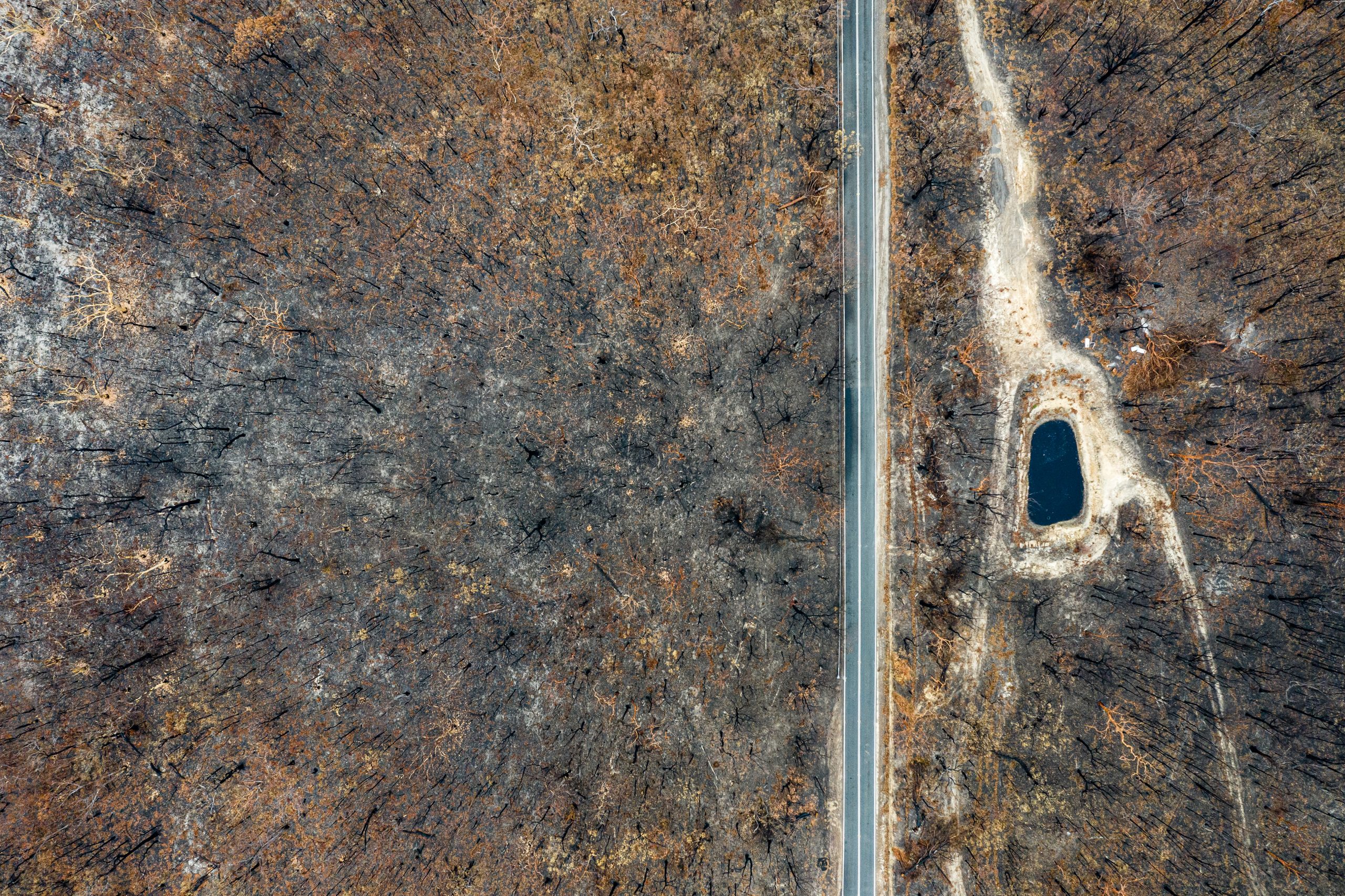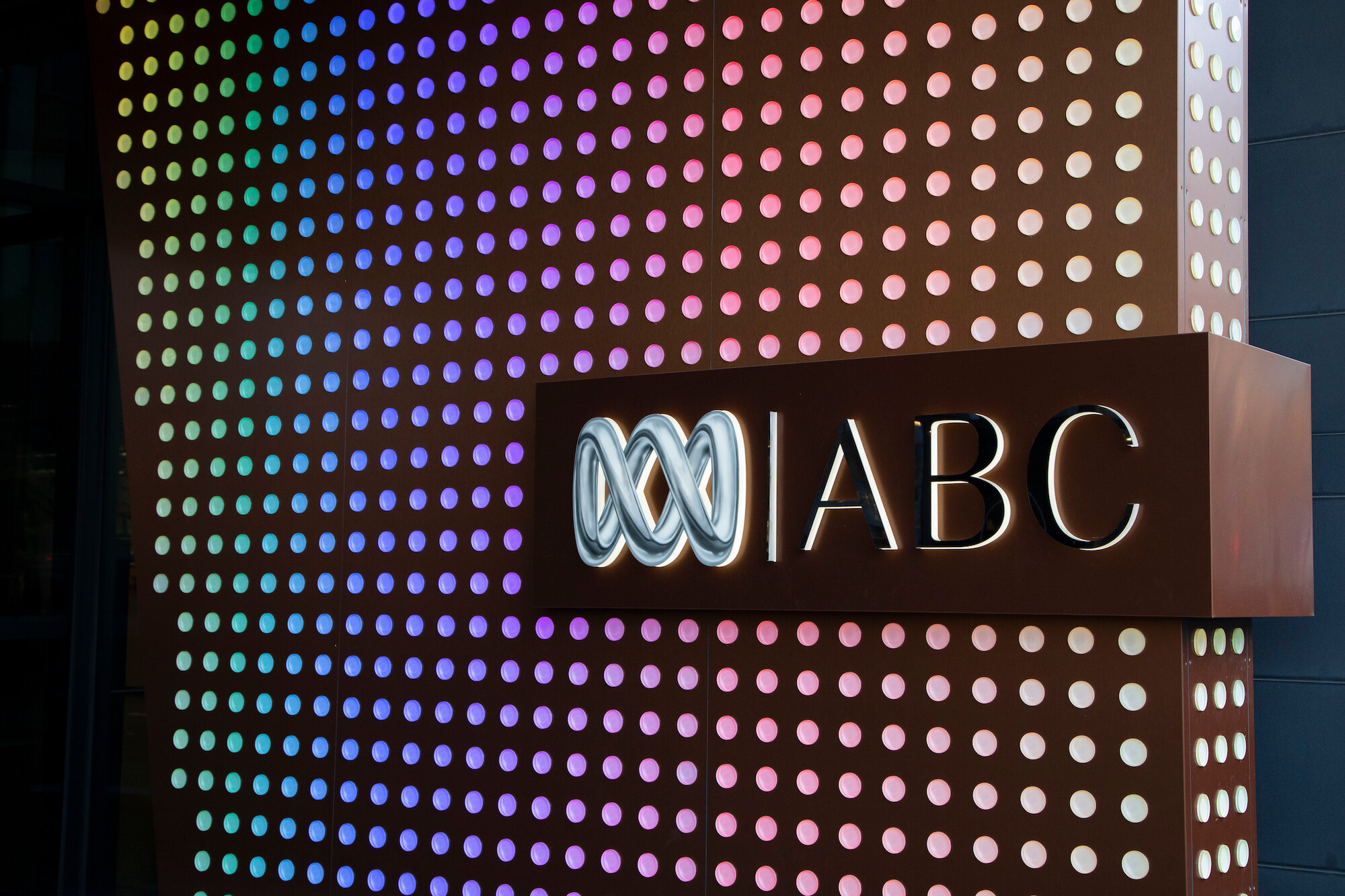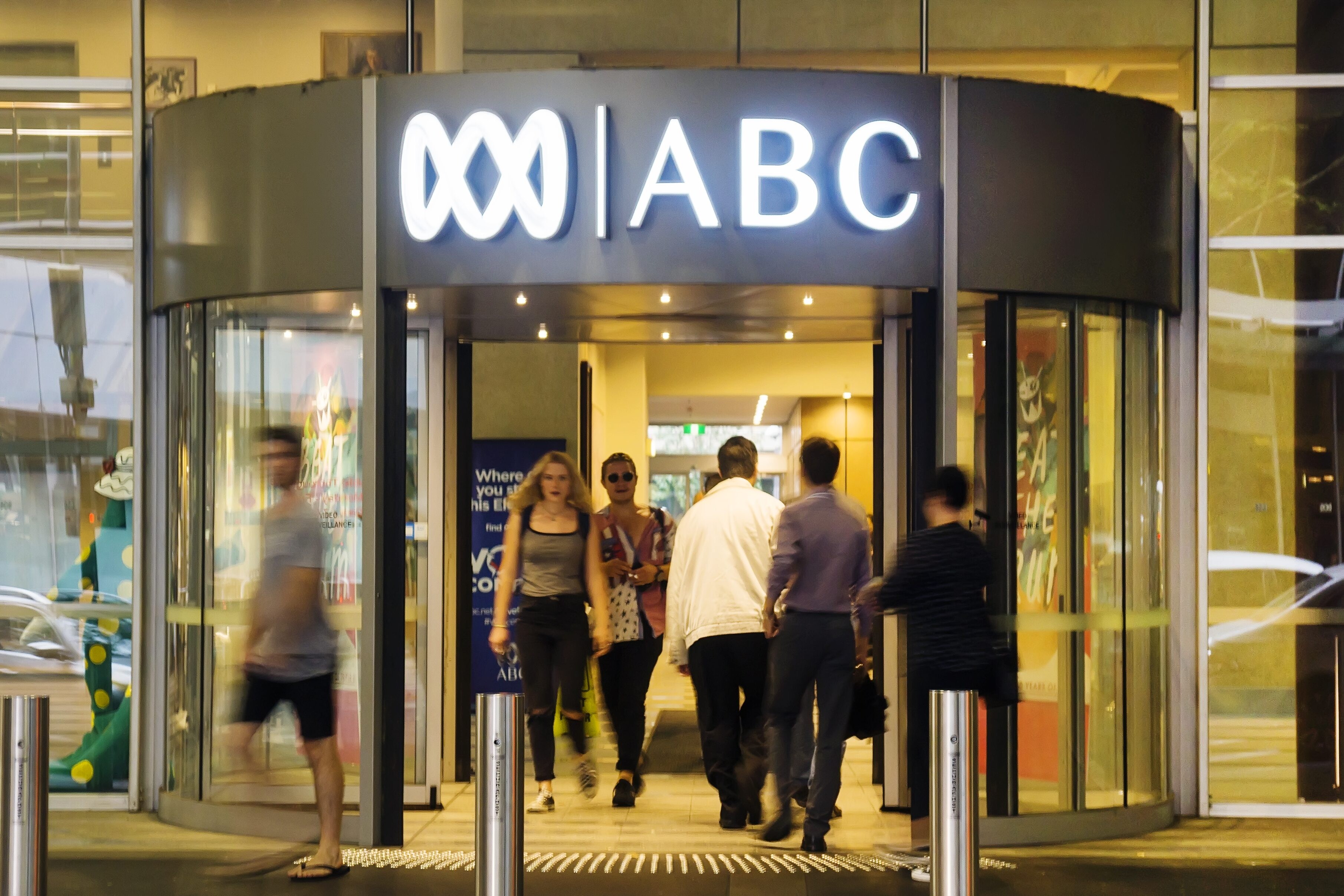The broadcasting corporation sticks to its values in the face of attacks from a Murdoch-dominated media landscape and the federal government.
A Senate inquiry into how the ABC and SBS handle complaints was announced on 11 November. The review will be undertaken by the environment and communications legislation committee. According to The Guardian, the chair of the Committee, Liberal Senator Andrew Bragg said the inquiry was based upon “community feedback” regarding concerns the complaints process was not independent. Prime Minister Scott Morrison defended the inquiry, telling reporters “there is nobody above the scrutiny of the senate.” It was warmly received by the Murdoch-owned media, The Australian’s media writer Sophie Elsworth telling Sky News, “You’ve got nothing to fear, if you’ve got nothing to hide.”
The review comes after the fellow Murdoch-owned media organisation, Fox News, had a complaint dismissed by the ABC complaints division. The grievance centred on a two-part ABC programme which examined the American broadcaster’s coverage of the 2020 presidential election which, the programme argued, “helped destabilise democracy.” The Murdoch empire has been frequently critical of the ABC, which is explored further below.
“This is an act of political interference designed to intimidate the ABC and mute its role as this country’s most trusted source of public interest journalism” – Ita Buttrose, Chair of the ABC
But the ABC has not been cowed into accepting the inquiry. In a blog published on the ABC website, the corporation’s Chair, Ita Buttrose, described the inquiry as “a blatant attempt to usurp the role of the ABC Board and undermine the operational independence of the ABC.” She explained that an independent review into the complaints process is already being undertaken by an appointed panel. She said the government deciding to hold its own adjacent inquiry intrudes upon the independence of the organisation. “Any incursion of this kind into the ABC’s independence should be seen by Australians for what it is: an attempt to weaken the community’s trust in the public broadcaster.
“This is an act of political interference designed to intimidate the ABC and mute its role as this country’s most trusted source of public interest journalism. If politicians determine the operation of the national broadcaster’s complaints system, they can influence what is reported by the ABC.”
Statement by Ita Buttrose, ABC Chair, on inquiry into ABC complaints handling process https://t.co/7Gd1MFy8Gf
— ABC Communications (@ABCMediaComms) November 14, 2021
In coordination with Buttrose’s statement, and to strengthen the rebuttal of the new inquiry, ABC also published an editorial describing and defending its current complaints process. “In 2009, the ABC Board commissioned and published a review that found the ABC’s self-regulatory framework was ‘fundamentally sound’ and, compared to other media organisations in Australia, “well developed and transparent,” editorial director, Craig McMurtrie, explained. “Nine years later, the Australian National Audit Office found the ‘ABC has effective processes and practices in place’ for A&CA managed complaints.”
It is a typical response from the broadcaster, which has recently shown itself more than willing to ensure false claims are corrected, unfair accusations withdrawn, and concerning behaviour reversed. It stands by its principles, its values and its journalism, despite attacks on its integrity from press, politicians, and so-called ‘think tanks’.
ABC well versed in defending its values
In a media landscape where the Murdoch media empire looms large, the ABC has been subjected to frequent attacks through print and broadcast. Earlier this year, the ABC corrected an article written by Elsworth in the Australian. The story was based upon data from the Institute for Public Affairs (IPA) – a right-wing astroturf – which argued “the public broadcaster (mentioned) ‘News Corp’ or ‘Murdoch’ more than 56 times a day.” The figures were woefully mischaracterised and ABC described the story as “false, misleading and frankly ridiculous.” Conversely, at the same time – because of an ABC documentary on Fox News – the Murdoch media machine demonstrated its own obsession with ABC and collectively published 45 articles attacking the corporation.
“Financial support for the ABC, SBS, and other public media should thus be confirmed and expanded, and their journalistic integrity respected and affirmed through arms-length governance structures” – Australia Institute’s Center for Future Work
The IPA has become a frequent assailant of the public broadcaster, but again, the ABC has not been afraid of calling out damaging claims. A correction was requested in May after the IPA falsely misrepresented the corporation’s reach and levels of trust in a submission to the Senate. The IPA in the months following also released a podcast, entitled “Their ABC: What’s wrong with the ABC and how to fix it”. It features former Prime Minister Tony Abbott, and a vast array of commentators, mostly linked to The Australian. It was criticised by ABC board member Joseph Gersch in The Sydney Morning Herald and the ABC Alumni group put together a video debunking some of the claims made in the podcast in response.
False assertions about the ABC’s journalism have also been made by politicians. ABC’s Media Watch unveiled the truth about claims made by Senator David Van who questioned ABC reporting which he wrongly posited as ‘opinion’.
ABC operates in a climate where their every action and piece of journalism is scrutinised and gleaned for signs of bias or a lack of impartiality, and where its very existence is often attacked. Within this atmosphere, the corporation has demonstrated that it is well versed in defending itself. It is well served by having Media Watch, which is ruthlessly researched, and by a departing News Director, who has always defended the values of public media. Gaven Morris was in that position during the raids on the ABC newsroom by the Australian Federal Police in 2019.
Is it opinion or fact to call the vaccine rollout ‘bungled’? Senator David Van questions ABC bosses over three radio news stories. #MediaWatch pic.twitter.com/5ymZiERHCK
— Media Watch (@ABCmediawatch) November 2, 2021
However, the ABC is now facing significant financial pressures. At a time when it has just announced how it plans to step up its investment in regional newsrooms, the ABC was then excluded from an additional $58 million of public money being given to media.
Read more: ABC and Australia’s local news crisis
A recent report from the Australia Institute’s Center for Future Work painted a grim history and future for journalism, with 60,000 jobs lost from the industry over the last 15 years. The study featured a special mention for the situation facing public media: “The independence of these public institutions must be protected fiercely … Financial support for the ABC, SBS, and other public media should thus be confirmed and expanded, and their journalistic integrity respected and affirmed through arms-length governance structures.” Already, it is evident this is not happening, and while the current politicians remain in charge, their antipathy towards the ABC suggests nothing will change.
The ABC, as with other public media organisations, faces the challenge of having to stick to their commitments of impartiality, while also rigorously defending their entire purpose and mission. But in the face of a hostile Murdoch-owned media environment and an unsympathetic government, it has shown itself accomplished at sticking up for its own principles and demonstrating its value to the public. It is not perfect, and as with any journalistic organisation, mistakes are made. But where it is unfairly attacked and its integrity called into question, senior figures are unafraid to speak up and protect the corporation. Independent public media should be able to defend their core principles and mission. ABC exemplifies this.
Header image: Colourful ABC Australian Broadcast Commission logo at building location. Credit: Matt Leane / Shutterstock.com
Related Posts
20th September 2021
ABC adds to Emergency Broadcasting in readiness for 2021/2022 season
Press Release: ABC has expanded its…
20th May 2021
Focus On ABC: Budget, press freedom and new Board members
From legal battles and funding issues…


